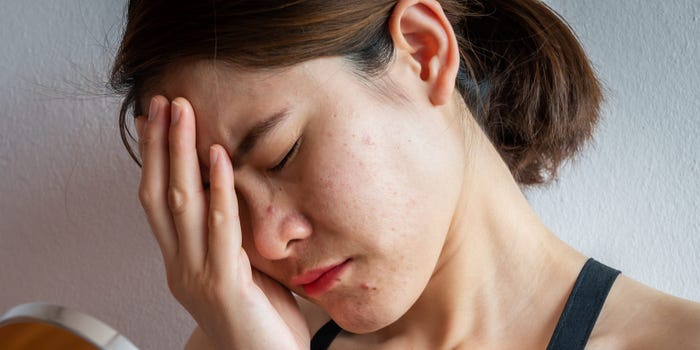Understanding Folliculitis on Scalp Symptoms: A Guide for Beauticians
As a beautician, understanding the nuances of scalp health is crucial, especially when it comes to identifying issues like folliculitis on scalp symptoms. This common condition can be concerning for clients and knowing how to recognize its signs can help in providing effective treatments. In this article, we delve into the details of scalp folliculitis symptoms and offer insights to help you manage them professionally.

What is Folliculitis?
Folliculitis refers to the inflammation of hair follicles, often caused by bacterial or fungal infections. When this occurs on the scalp, it can result in a range of symptoms that might bother your clients. Recognizing these early signs is key to preventing further complications and advising suitable solutions.
Common Scalp Symptoms of Folliculitis
Many clients might not realize they are experiencing folliculitis until the symptoms become noticeable. Key symptoms to watch for include:
Red Bumps or Pimples
Initial signs often appear as small red bumps or white-headed pimples around hair follicles. These can be itchy and uncomfortable, causing some clients to scratch, leading to further irritation or even infection.
Itchy or Burning Scalp
Folliculitis can cause a persistent itch or a burning sensation on the scalp, affecting a client's comfort. This symptom might be confused with other scalp issues, making it important to check for accompanying signs.
Dandruff and Flaking
In some cases, folliculitis may lead to excessive dandruff or flaking. Differentiating it from regular dandruff can be tricky, but its association with other distinct symptoms can guide you in making the right call.
How to Address Folliculitis in the Salon
As part of a proactive approach, beauticians can offer several in-salon treatments and advice to clients experiencing intestinal discomfort. Advising clients to ensure proper scalp hygiene and to limit the use of irritative products can greatly help. Additionally, using soothing treatments, like anti-inflammatory hair masks, can provide relief.
For more guidance on diagnosing these symptoms, take a look at Diagnosing Folliculitis at Home.
When to Recommend Professional Help
While mild cases can often be managed with in-salon care, severe symptoms may require consultation with a dermatologist. If you notice symptoms escalating or if the client experiences discomfort despite initial treatments, it's best to recommend professional medical advice.
Learn more about the differences between folliculitis and similar conditions in this Folliculitis vs Acne guide.
Preventive Measures for Clients
Preventive advice suitable for clients includes regular cleansing of the scalp using mild shampoos and avoiding tight headwear. Encouraging clients to avoid scratching or picking at their scalp can also prevent worsening of the condition.
For an in-depth look at prevention, check out this resource on folliculitis prevention.

FAQ
What Causes Folliculitis on the Scalp?
Folliculitis on the scalp is typically caused by bacteria, fungi, or irritation from hair products that block hair follicles, leading to inflammation.
Can Folliculitis Resolve On Its Own?
Mild cases of folliculitis can improve without treatment, but persistent or severe cases often require intervention.
Is Folliculitis Contagious?
Folliculitis caused by infectious agents can be contagious, requiring careful hygiene practices to prevent spread.
Are There Home Remedies for Folliculitis?
Some home remedies, such as warm compresses and over-the-counter antibacterial washes, can offer relief, but severe cases need professional treatment.

